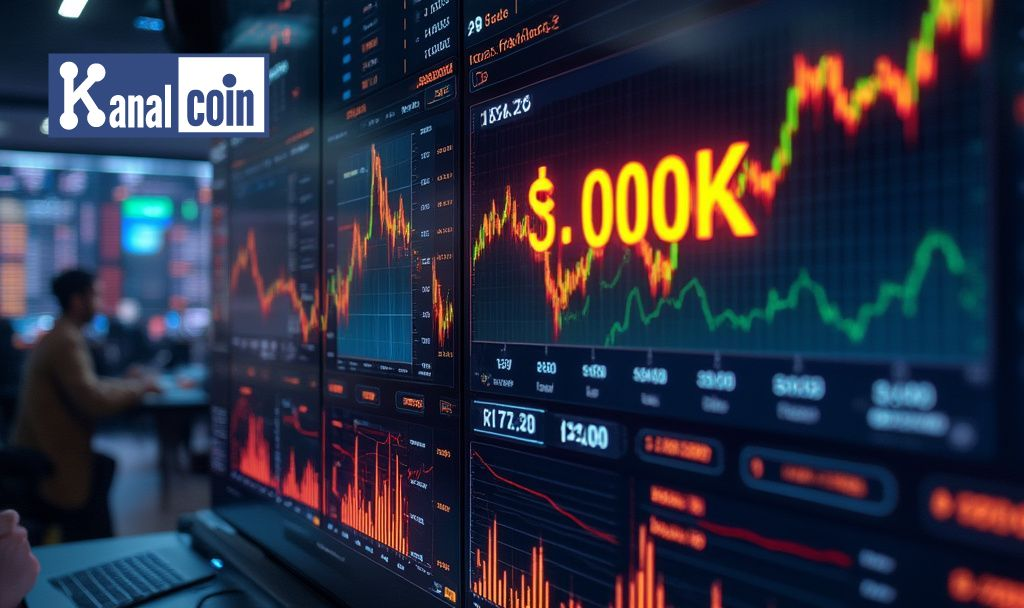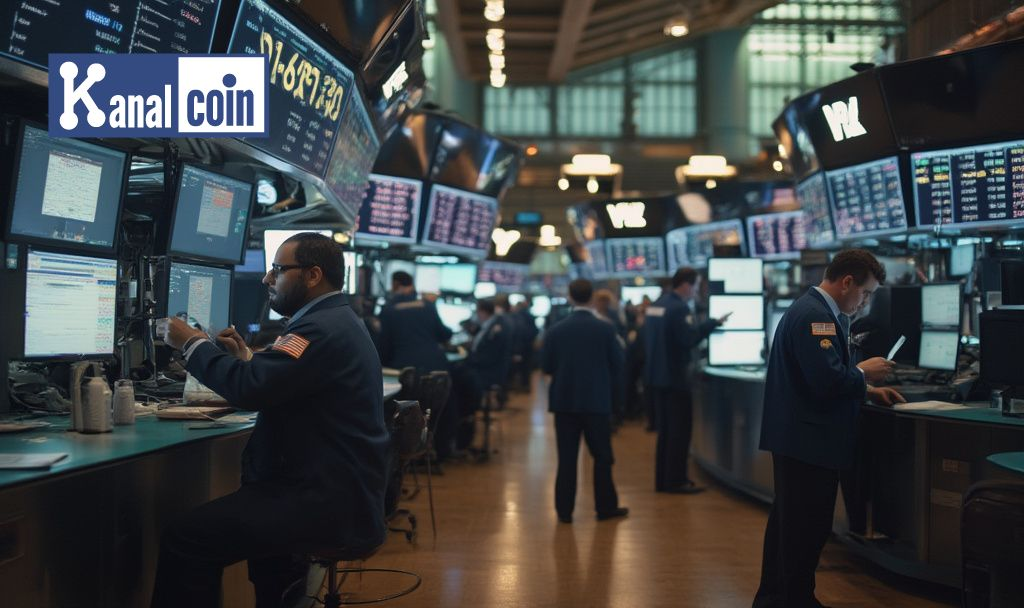
Bitcoin’s price surged by over 15% in October as major institutional investors entered the cryptocurrency market, signaling increased confidence in its stability.
The rise in institutional interest is elevating Bitcoin’s position as a viable investment, prompting greater market speculation and influencing related financial products.
Growing Institutional Investment Boosts Bitcoin Prices
The rise in Bitcoin’s price can be attributed to increased participation from institutional investors. This trend began earlier in the year and has gained momentum in recent months.
Notable institutions, such as Grayscale and MicroStrategy, have significantly increased their Bitcoin holdings. This shift represents a strategic investment move by these organizations.
Markets React Positively to Institutional Activity
As institutions continue to invest, the market has reacted with optimism, further driving up prices. Market analysts predict sustained growth if this trend persists.
Potential financial outcomes include greater market stabilization and integration of Bitcoin in institutional portfolios. This trend aligns with historical patterns observed during previous Bitcoin surges.
Institutional Backing Strengthens Bitcoin’s Market Position
Comparing this surge to 2017’s price run, institutional backing appears more robust, providing a stronger foundation for growth. Past surges lacked this level of investor support.
Experts from Kanalcoin suggest that as long as institutions remain committed, Bitcoin’s position as a stable asset could solidify, benefiting from both market growth and technological advancement.
James Butterfill, Head of Research, CoinShares, states:
“Initially, tariffs could slow economic growth, reducing demand for risk assets like Bitcoin. Increase inflation, which could lead to speculation on higher interest rates. Cause Bitcoin’s price to drop temporarily—as it often correlates with equities. However, the long-term picture is different. At some point, the market will realize that the U.S. can’t keep raising interest rates while the economy weakens (stagflation). When that happens, Bitcoin will likely rebound, while stocks continue to struggle.”









